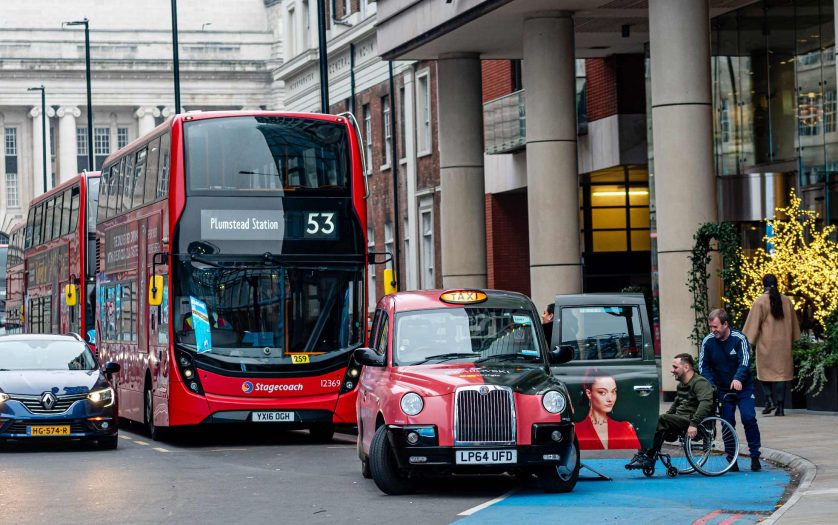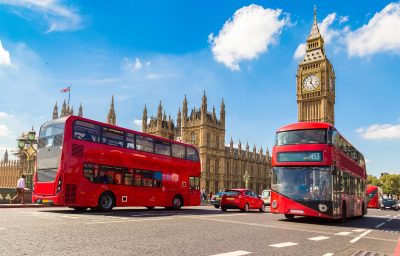
New laws will ensure the 13.7 million disabled people in England, Scotland and Wales receive the assistance they need and will not be charged over the odds when using taxis and private hire vehicles (PHVs).
The new Taxis and Private Hire Vehicles (Disabled Persons) Act 2022, which came into force on 28 June, is the most significant change to taxi accessibility legislation since the Equality Act was introduced 12 years ago.
The 2022 Act amends the Equality Act 2010 to place duties on taxi drivers and PHV drivers and operators, so any disabled person has specific rights and protections to be transported and receive assistance when using a taxi or PHV without being charged extra.
As part of the amendments, taxi and PHV drivers could face fines of up to £1,000 if they fail to provide reasonable mobility assistance to disabled passengers taking a pre-booked vehicle.
This will also ensure that visually impaired passengers will be assisted by drivers to help them identify or find the vehicle. There will also be a duty for local authorities to publicly identify wheelchair-accessible vehicles in their fleets.
The measures will apply to drivers in England, Scotland and Wales and will help to provide consistency of experience for affected passengers.
Wendy Morton, Accessibility Minister, said:
“It is fantastic that the updated legislation and guidance will help ensure that all disabled people receive assistance when using taxis and PHVs.”
“Disabled people account for around a fifth of the population and our Inclusive Transport Strategy is making travel more accessible for all.”
The act was a Private Members’ Bill introduced by Jeremy Wright QC MP. Another change will mean that even drivers granted exemption from assistance duties on account of medical needs must still accept the carriage of disabled passengers and will not be able to charge them more than others.
Disability affects 13.7 million people in Great Britain. It includes physical and sensory conditions, as well as impairments that are ‘non-visible’.
The amendments to the Equality Act 2010 have been developed by the Department for Transport (DfT) as part of work in support of its 2018 Inclusive Transport Strategy and cross-government commitments on improving access to taxi and PHV services and will benefit a wide range of disabled passengers, as well as their friends and family.
In March 2022, DfT announced a £2.5 million package to help disabled people travel more confidently. This included funding towards mobility centres across England and to enhance access to lifeline ferry services.
The updated legislation will build on the commitment we made and will make travel more accessible for all.
For more information, go to www.gov.uk/government








